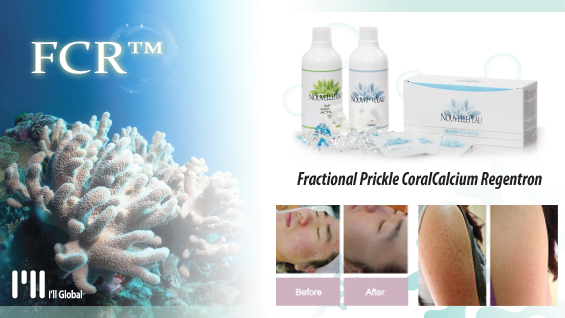
Main cause of glycosylation
Carbohydrates is a major source of energy in our body and is an essential nutrient. However, high intake of carbohydrates can drive up the blood sugar level which in turn can induce glycosylation. High blood sugar levels raise the skin sugar content. Foods with high glucose index (GI) increases blood sugar and insulin levels, which raises the risk of insulin resistance and diabetes. This promotes release of AGE proteins. Refined grains such as wheat flour, sugar, honey, glucose, banana, grapes, and potatoes have a high GI and should be eaten in moderation. Having a healthy, regular diet and avoiding overeating keeps the skin healthy and youthful. Fruits and vegetables are most nutritious when ingested raw and meats should be gradually cooked on low heat. Drinking sufficient water and abstaining from smoking are advised as well as regular vitamins supplementation and applying sun screen to prevent glycosylation.
Preventing glycosylation
Glycated proteins cannot be eliminated and prevention is crucial. It is more effective to prevent the process of glycosylation rather than try to eliminate degraded proteins. Recently, studies on anti-glycation are being reported. Antioxidants such as Vitamin C inhibits creation of AGE proteins with anti-glycation. Topical application of oil-soluble Vitamin E, carotene, water-soluble Vitamin C, and glutathione, etc. can deliver anti-glycation effects to the skin. Moreover, daily intake of 1-2g of Vitamin C can reduce glycosylation. Vitamin E is also a potent antioxidant and has anti-glycation actions. Polyphenol, rich in grapes and beta-carotene found in yellow and green vegetables are also potent antioxidants. Alpha lipoic acid is currently seen as the most effective antioxidant against glycosylation. Alpha lipoic acid plays an important role in conversion of intracellular fatty acids into glucose energy. Unlike other antioxidants that react only in water or oil, alpha lipoic acid react both in water and oil and is a more potent antioxidant than Vitamin C or Vitamin E.
[Advertisement] FCR® (Fractional Prickle CoralCalcium Regentron) – Manufacturer: (www.illglobal.com)]
As anti-glycation has become the new keyword in anti-aging, many new cosmetic products are being developed based on glycation research.
① SkinCeuticals A.G.E Interrupter
Blueberry extract and Pro-Xylane bring potent anti-glycation action and inhibit AGEs.
② IOPE Super Vital Cream Bio Intensive
Contains bio glycan which revitalizes skin and improves elasticity and fullness
③ Yves Saint Laurent Forever Youth Liberator
Removes aging signs by activating sugar chain glycan’s delivery of youthful energy to the skin
Antioxidation and anti-glycation are two different concepts, however, antioxidation is given more weight due to antioxidants’ anti-glycation actions. Antioxidants are popular but anti-glycation, which has so far been researched in diabetes can also be successfully applied in skin aesthetics.
-To be continued-




















